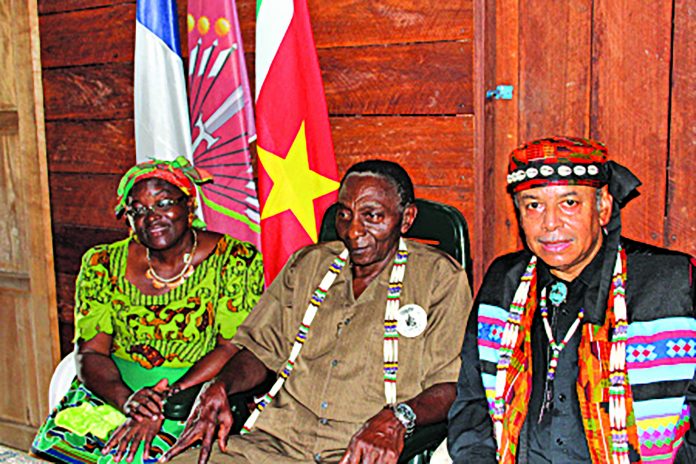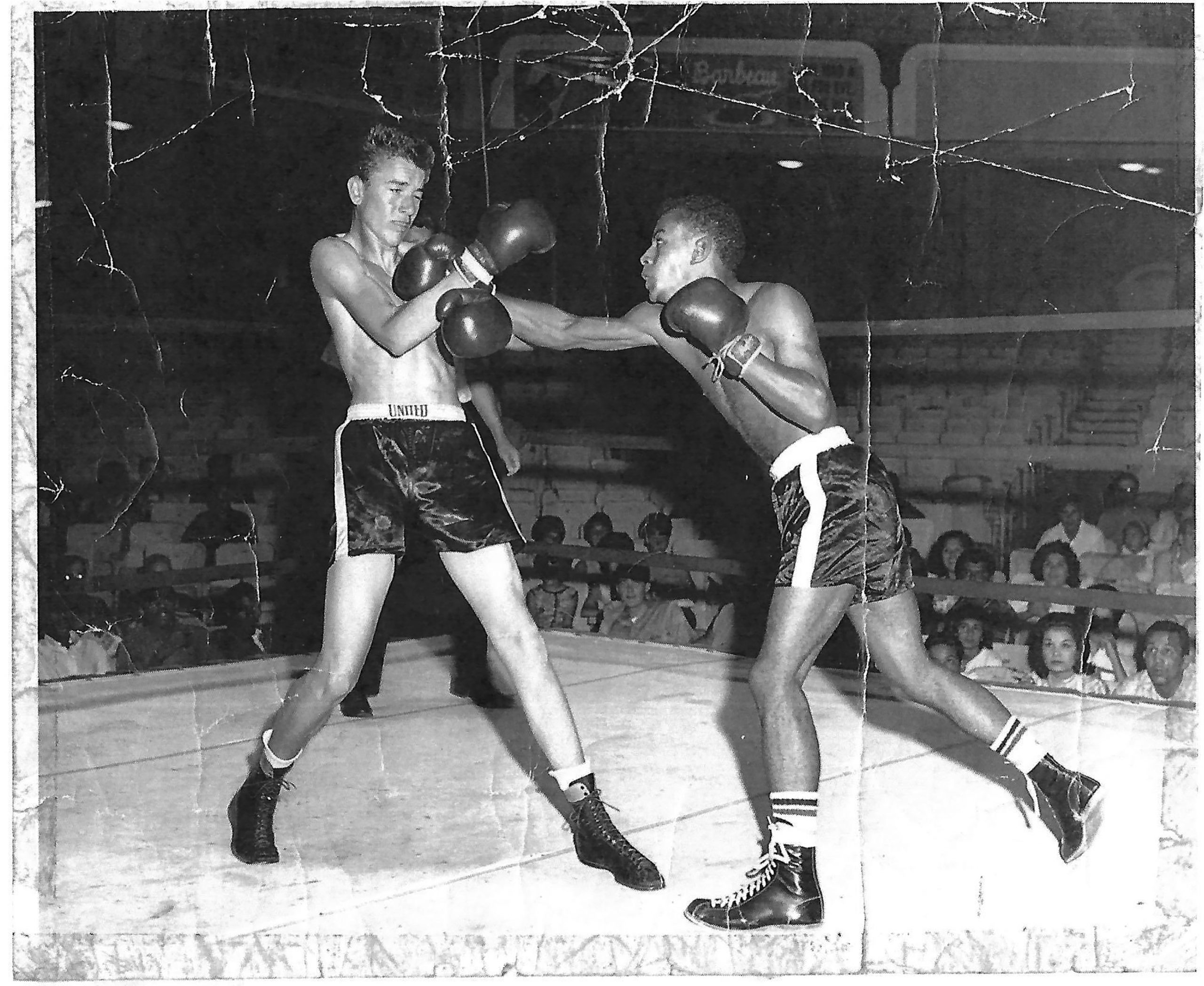
“If a purpose finds you and it’s for the greater good, then it’s hard to walk away from it.”
This motto is something that Phil Wilkes Fixico has lived by for his entire life.
Beginning as a young child who was involved in gangs and as a result, spent time in and out of four separate juvenile institutions before the age of 15, it would seem as if Fixico had an unclear path toward anything remotely resembling a purpose.
In fact, he was distraught at not even being successful criminal which led him to attempt suicide at the age of 14. He swallowed a bunch of sleeping pills and then washed them down with an entire bottle of iodine.
Fortunately for Fixico, he wasn’t much of a success at suicide either, saying that the iodine made him feel so bad that he couldn’t go to sleep.
Someone soon found him and told his mom who had him rushed to the hospital where doctors pumped his stomach.
After that incident, Fixico found himself back in the system, but this time at a probation camp with 100 other juvenile offenders.
He remembered the day that counselors gathered the juveniles into a room and dropped some truth bombs on them.
“They told us that 80 percent of us will spend the rest of our lives in and out of institutions like this,” Fixico, 73, said. “They said 11 of us will graduate high school. I was so angry. I said my life is not a number in some stupid book. That’s when I decided that I was tired and got myself on a track. I came from the library and the counselor asked what I was reading and I told him Socrates, Plato, and Aristotle.”
From that moment on, purpose found Fixico, and he made the decision to change his life for good.
He attended Gardena High School after he got out of the juvenile correction center at age 14. He faced some initial resistance from the school principal, who wouldn’t allow him on campus until he told everything he had done to get locked up.
Fixico confessed his sins and the principal welcomed him.
It was at GHS where he found his footing as a member of the school’s track 4×100 relay team, which went all the way to the Los Angeles City track and field finals. But he didn’t stop there.
He also won two Junior Golden Gloves Southern California boxing championships in the summer between the 10th and 11th grades.

While success and some measure of happiness came to Fixico in the form of athletics, he wasn’t entirely content because something that had been haunting him his whole life would not leave him alone.
Fixico had never known his father, which was something that bothered him. After finding out that he was the result of an affair his mother had, Fixico wanted more than anything to find out who that man was as his mother refused to tell him.
In fact, Fixico didn’t learn who his father was until he was age 52, when through his own investigation, discovered that the man who sired him was of Seminole-Maroon descent.
Fixico’s father descended from Black Seminoles who were black Indians associated with the Seminoles of Florida and with the escaped slaves called maroons who were allied with the Seminoles.
Once Fixico found this out, he knew purpose had found him yet again. And ever since, he has been learning about the Seminole Maroons by studying their culture and way of life thanks to research that included reading 35 books on the subject.
When Fixico shared his knowledge of the Seminole Maroons with the Los Angeles Chapter of the Buffalo Soldiers, including the fact that his ancestors and relatives were part of the Seminole Negro Indian Scouts — considered the special forces of the Buffalo Soldiers — he was invited to the join the Buffalo Soldiers chapter, a position he has held for the past 17 years.
“One reason I joined the Buffalo Soldiers was because they had a speaking bureau which gave me the opportunity to talk about the history of the Seminole Maroons,” Fixico said.
After a few speaking engagements, Fixico realized that the history of the Seminole Maroons was not widely known.
He took a trip to the Seminole Maroon ancestral lands in Texas and promised the Seminole Maroon people that he would work to keep their legacy alive through progress, not profit.
And so the Semiroom Historical Society was formed.

The mission of Fixico’s organization, which has been in existence since 2011, is to work to expand the world’s body of knowledge about his ancestors. Fixico says he is part of a hidden heritage that is not being taught in schools.
To educate students, Fixico has often given speeches at schools as in addition to appearing on national radio shows and writing about his history on his blog.
It’s a journey that is leading him on a path of American history and personal fulfillment.












